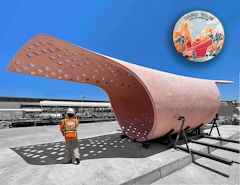
The Carapace Pavilion
The Carapace Pavilion is a university-based, design-build, full-scale custom prototype for a possible replacement of the standard precast concrete

The Carapace Pavilion is a university-based, design-build, full-scale custom prototype for a possible replacement of the standard precast concrete

Architectural design freedom achieved on high-end projects currently costs over $1,000/sq. Ft. Building materials have long been relegated to plane
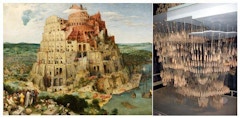
The reaches of architecture are inherently linked to the efficacy of communication, and as emerging technology broadens the conceptual horizon of the

Precision in digital workflow is necessary to deliver facade projects where there is a high design aesthetic or structural performance requirement.

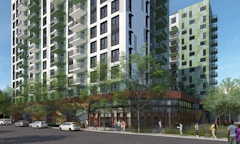
Large format, steel-stud framed “megapanel” facades with rainscreen cladding create uniquely complicated requirements for digital documentation and
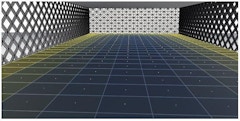
Recently, building envelopes have been exhibiting complex shapes and patterns, a trend supported by current digital technologies. Likewise, the

Developments in performative computational analysis, mass customization, and complex form manipulation revolutionized building envelope design
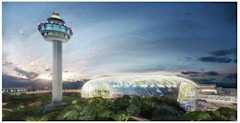
Big data is having a noticeable impact on enclosure engineering design. With continuing advancements that liberate the geometrical form and the
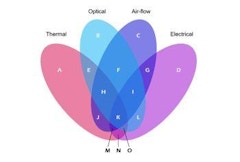
Cost-effective, sustainable, self-actuating, thermally-responsive, bio-composite exo-skins that act like shields or cloaks for existing buildings
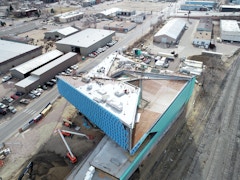
Connections, those transitions between systems and materials, are critically important when the surfaces are curved or complex. Well-designed
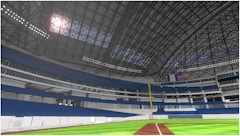
Daylighting is often an important component of architectural design and heavily influenced by a building’s facade and enclosure systems. Unlike many
Finishing of custom-fabricated architectural façade components represents one of the most significant components to their cost. Manually driven

In 1959 Heinz Isler challenged the world of concrete shell design by proposing a series of shapes for shells that were very different from what most
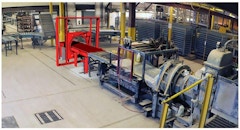
This paper documents a six year academia/industry collaboration between researchers at the Department of Architecture, University at Buffalo (SUNY)

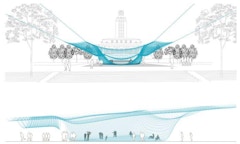
It may be difficult for modern man to believe that what is known as handicraft was once the advanced manufacturing of the day. These techniques were

With facades becoming increasingly more complex, and performance a key objective, expertise becomes an important component of successful design
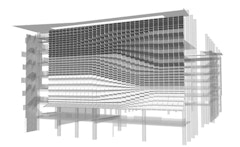
Today's evolving digital tools allow designers to be more creative in designing new forms and geometries. Adapting similar tools to the fabrication
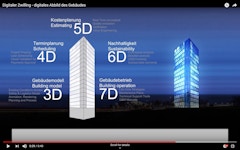
“The digital transformation will change everything” – with this quote in mind a deep look into the current facade business will be given with a